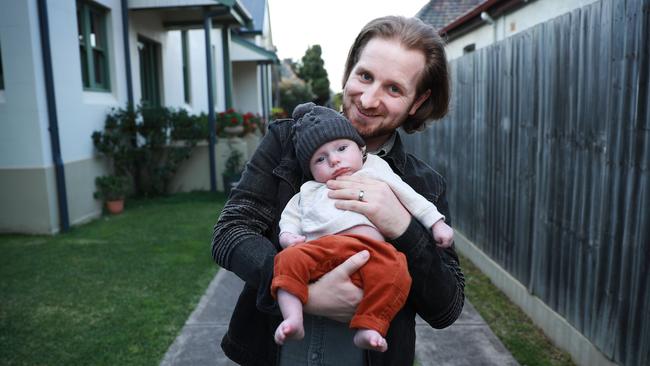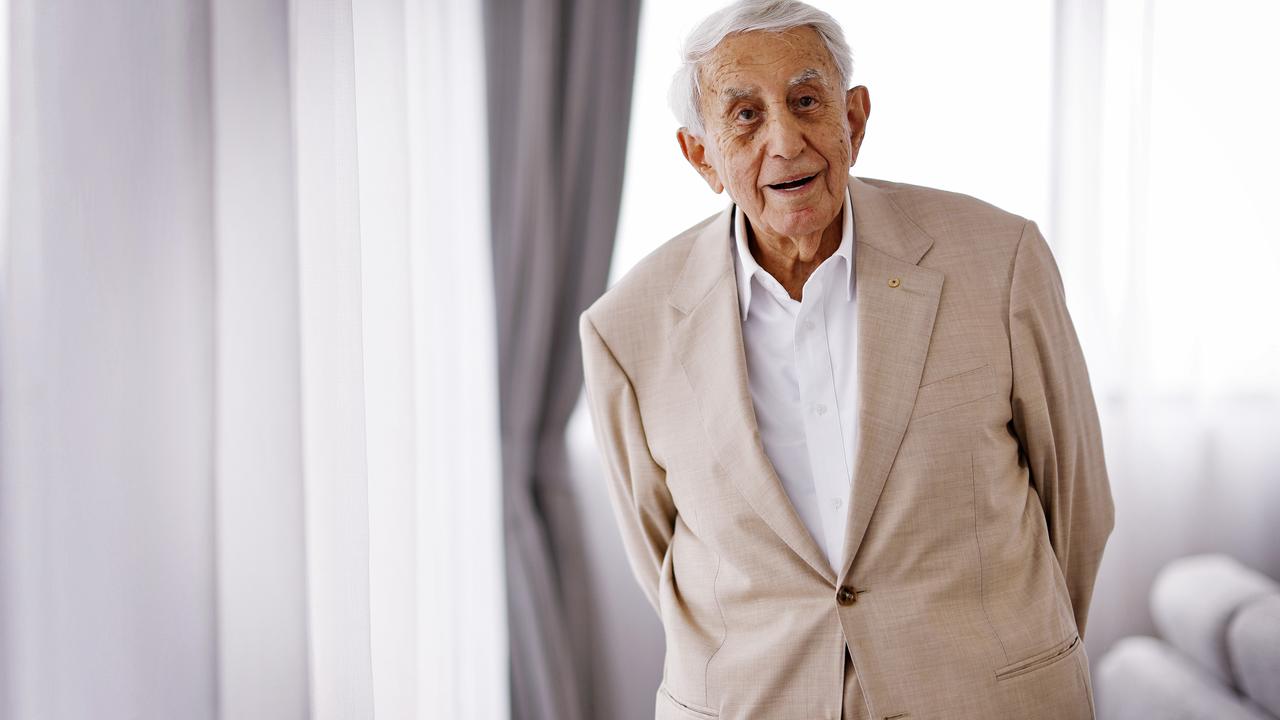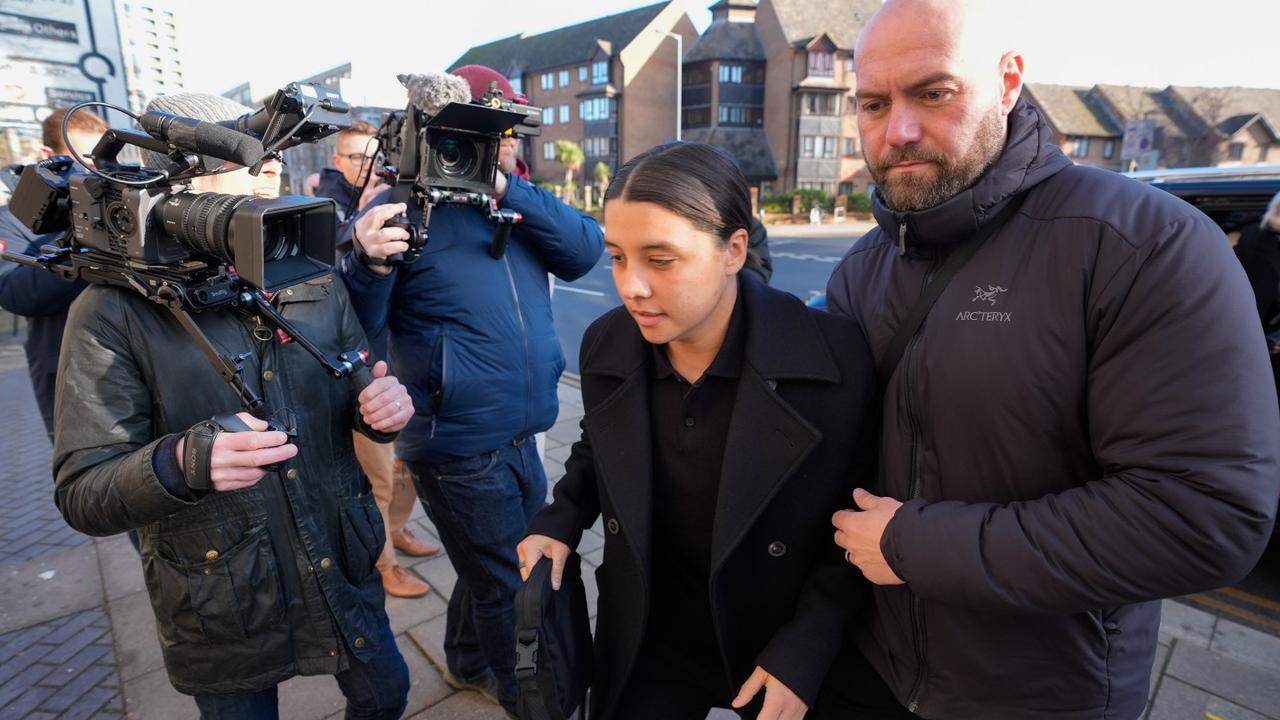RUOK? A simple question resonates so deeply
At 14, all Nic Newling could think about was dying.

At 14, all Nic Newling could think about was dying.
For two years, these suicidal thoughts were constant, at school, at home, alone or with others.
“I finally brought it up with my mother. She asked if I’d mentioned these thoughts to my doctor. I told her I didn’t think it was relevant because it was just normal.”
Thursday is RUOK? Day, which coincides with World Suicide Prevention Day.
Mr Newling, now 34, said the idea of being asked that simple question resonates deeply.
“It would have been so helpful for me at the time. In my school community and the community more generally, there was a culture of stiff upper lip, of manliness, of toughness. I was fragile and just wasn’t getting support from anywhere. It was a bit of don’t ask, don’t tell.”
Mr Newling, now a mental health advocate giving talks in schools and workplaces, said even though people had more understanding of issues regarding mental health, there was still a culture of silence. “I think simply being prepared to ask people if they are OK is so important as it’s a reminder to that person that people do care about them,” he said.
RUOK? Day comes amid an incredibly challenging year for people’s mental health and resilience, said mental health policy adviser Alan Woodward. “COVID-19 is generating a level of stress. People are concerned about getting the virus, or their loved ones getting the virus, about the flow-on impacts into their work, finances, school and other education,” Mr Woodward, one of the National Mental Health Commission’s commissioners, said.
“But it’s not entirely negative. Many have stepped up and shown amazing kindness to those struggling, and many others have used the pandemic to reset, to ask what is really important to them, which we don’t often do when things are going well.
“That is why RUOK? taps into a chord, that there is this underlying value in Australia that we will look out for those struggling, and at our best we will put our hands out for our family and our mates,” he said.
Katherine Newton, RUOK? chief executive, said given the pandemic and bushfires, 2020 was a year people may be more likely to answer the question no. It’s important to know what to do next, she said. “You don’t have to be an expert to keep the conversation going and if you familiarise yourself with what to say after hearing ‘No, I’m not OK’, you can show genuine intent and genuinely help someone access appropriate support long before they’re in crisis.”
She said it was vital just to make time to listen with an open mind, encourage action and regularly check in. “Time is one of the most valuable things we can share with the people that we care about,” Ms Newton said.



